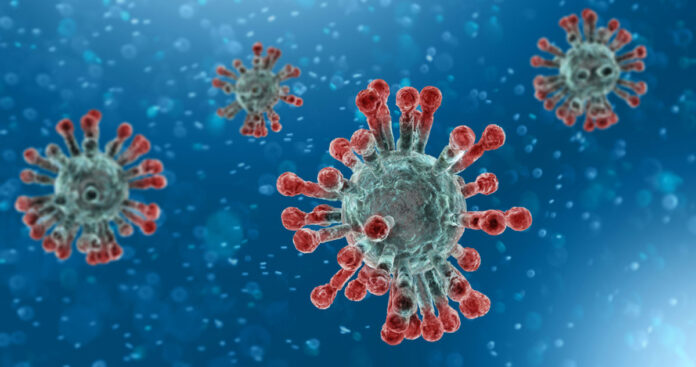The World Health Organization declared the recently-discovered B.1.1.529 strain of Covid-19 to be a variant of concern and gave it a Greek name Omicron on Friday.
The classification puts Omicron, first detected in South Africa on Wednesday into the most-troubling category of Covid-19 variants, along with the globally-dominant Delta and it’s weaker rivals Alpha, Beta and Gamma.
Apart from South Africa, the new Covid-19 strain has been detected in Israel, Botswana, Belgium and Hong Kong.
In a statement, the UN health agency said, “Based on the evidence presented indicative of a detrimental change in Covid-19 epidemiology… the WHO has designated B.1.1.529 as a variant of concern (VOC), named Omicron.”
According to WHO, it could take many weeks to complete studies of Omicron to see if there are any changes in transmissibility, severity or implications for Covid vaccines, tests and treatments.
Preliminary evidence suggests new Covid-19 variant carries higher risk of reinfection than other variants, the organization said.
Reinfection Concerns
Infections in South Africa have increased steeply, coinciding with the detection in the recent weeks.
Pointing to worrying characteristics, the WHO said, “This variant has a large number of mutations, some of which are concerning.”
“Preliminary evidence suggests an increased risk of reinfection with this variant, as compared to other VOCs.”
Travel Concerns
On Friday, several nations banned flights to slow the spread of Omicron, including the US, UK, EU states, Switzerland restricting travel from seven African countries.
Other nations such as UAE, Israel, Japan, Kenya, and Singapore have also halted travel.
Despite nations scrambling to ban flights, the WHO had earlier warned against imposing travel restrictions due to the Omicron strain of Covid-19.
The health organization said that nations should take a risk-based and scientific approach when considering travel curbs in view of the variant, but warned against restrictions.
Spokesman Christian Lindmeier told AFP, “At this point, again, implementing travel measures is being cautioned against.”
While a top UK health official calls Omicron as “the most significant variant” to date, an Oxford scientist told BBC that: “It is bad news but it’s not doomsday.”



